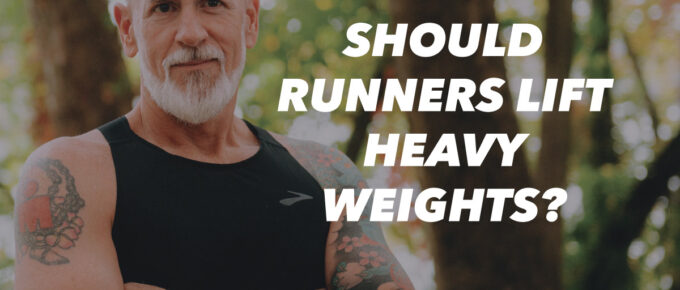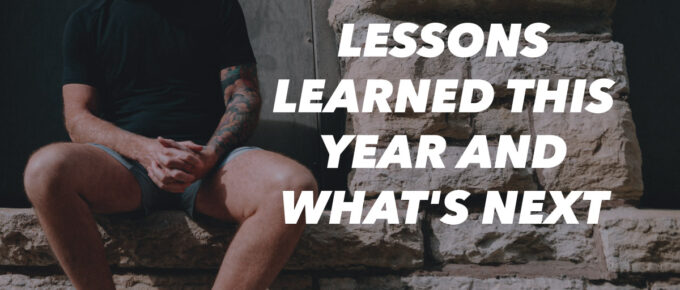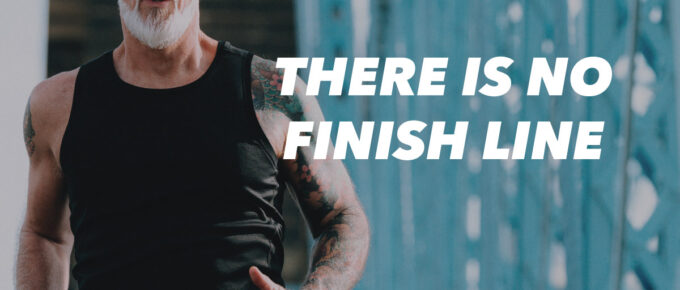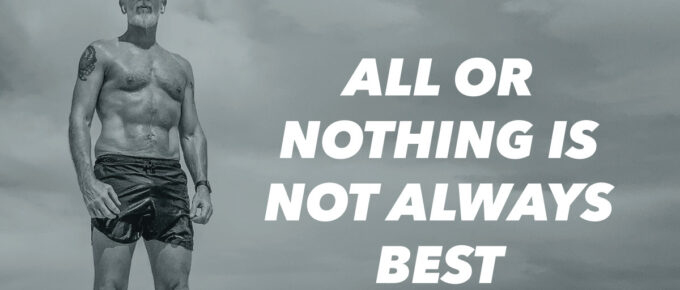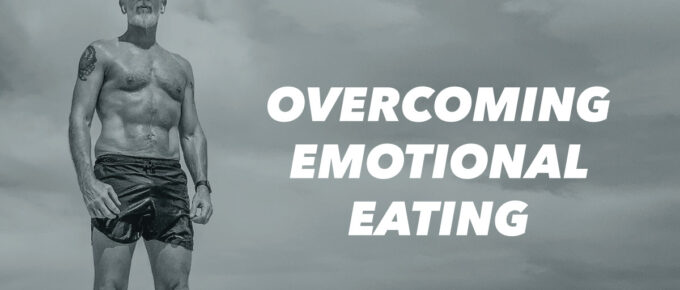There’s a bit of a debate going on out there in the running community around whether or not runners should be lifting heavy weights. Some people think no, runners should never lift heavy weights …
Continue Reading about 160. Should Runners Lift Heavy Weights? →

